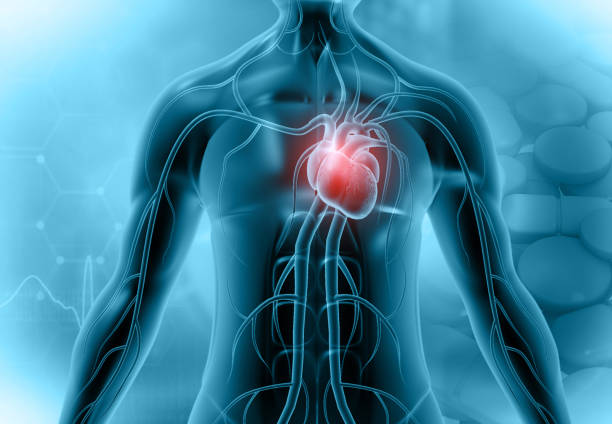
On March 25, 2022, the Journal of Pediatrics published a new peer-reviewed study regarding the adverse effects of COVID-19 vaccines on adolescents. The result of the study shows that heart inflammation and other types of abnormalities do occur after taking the Pfizer injection in more than two-thirds of the subjects who visited the hospital for chest pain, between April 1, 2021, and Jan. 7, 2022. These heart problems, potentially long-term, raise concern among the health professionals who conducted this recent study.
While these cases of myocarditis and pericarditis are being downplayed by major government health institutions such as the Centers for Disease Control and Prevention (CDC), researchers of the said study at Seattle Children’s Hospital were worried as cases of young patients, below 18 years old, having chest pain and elevated serum troponin within one week after receiving the jab are rising. As written in the paper:
“Myopericarditis, has emerged as an important adverse event following COVID-19 mRNA vaccination, particularly in adolescents [[1]]. Patients typically exhibit chest pain and an elevated serum troponin level in the days following the COVID-19 mRNA vaccine. They usually are hemodynamically stable, and symptoms and cardiac biomarkers normalize within a few days [[2]]. cardiac magnetic resonance studies, when performed early, frequently demonstrate abnormalities such as edema and late gadolinium enhancement (LGE), meeting Lake Louise Criteria for diagnosing myocarditis noninvasively…”
In the said study, Cardiac magnetic resonance imaging (MRI) was performed on 16 patients three to eight months after their first examination. The result demonstrated that 11 of the 16 subjects “had persistent late gadolinium enhancement (LGE)”. The presence of LGE, as the study suggests, indicates cardiac injury and fibrosis and is “strongly associated with worse prognosis in patients with classical acute myocarditis.” The meta-analysis of eight studies also shows that “LGE is a predictor of all-cause death, cardiovascular death, cardiac transplant, re-hospitalization, recurrent acute myocarditis and requirement for mechanical circulatory support”.
Health authorities were already aware of this problem yet continue to allow these vaccine manufacturers, who are immune from liabilities, to produce and roll out vaccines. As early as July of last year, the CDC disclosed “4,100 reports of myocarditis and pericarditis in all age groups, with 3,194 cases attributed to Pfizer and 1,090 cases attributed to Moderna”. Meanwhile, in Europe, these cases of heart inflammation have worried many; prompting the advisers to not recommend the inoculation of 12-15-year-old adolescents.
Another study which involved 139 patients ages 12 to 20 years old, hospitalized for myocarditis after taking the COVID vaccine, was also published by American Heart Association (AHA) in January of this year. It shows that “19% were taken into intensive care, two required infusions of potent intravenous drugs used to raise critically low blood pressure, and every patient had an elevated troponin level”. In the study, researchers wrote:
“We suppose [a ‘mild clinical course] refers to the 81% who did not go to the ICU or the fact that none died or required ECMO (Extracorporeal Membrane Oxygenation, a desperate means to keep the body oxygenated when a patient’s heart or lungs have completely failed).
We don’t know what it will do to young boys in the long term, especially since every patient had some damage to their heart as evidenced by significantly abnormal troponin levels and we don’t fully understand the mechanism by which the vaccines cause myocarditis.”
References:
- https://www.jpeds.com/article/S0022-3476(22)00282-7/fulltext#%20
- https://childrenshealthdefense.org/defender/heart-damage-teens-after-second-pfizer-shot
- https://www.ahajournals.org/doi/10.1161/CIRCULATIONAHA.121.056583
- https://www.eclassifie.com/2021/09/fda-hearing-panel-discouraging-booster-shots-due-to-risk-of-heart-inflammation/
- https://www.eclassifie.com/2021/12/reports-of-cardiac-arrest-and-heart-failure-after-the-covid-vaccine-shots/
- https://www.eclassifie.com/2021/09/heart-inflammation-due-to-covid19-vaccines-high-among-youth/





